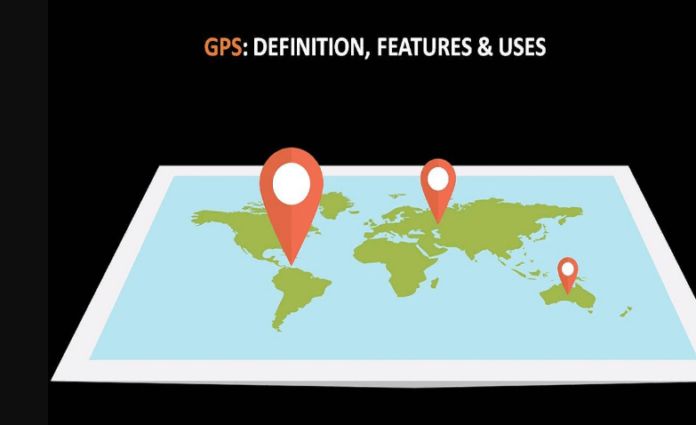A global positioning system is a set of satellites that circle the earth two times daily, transmitting precise time and position data to earth-based receivers. The first global positioning system was the Global Positioning System or GPS in 1980 and although this system has now been superseded by more sophisticated systems, there are still some specific purposes for which GPS is still used. For example, you may have seen the location of a friend or colleague displayed on a GPS device as they are driving somewhere.
A GPS device can be used to map your location. This means that you can tell a car where you are or a boat where you are located. The technology is so flexible that it can even identify and locate objects on the surface of the water or on land. A GPS receiver can also be used as a security device by enabling it to locate an unconscious or sleeping individual and retrieve their location from their GPS co-ordinates.
Global Positioning Systems (GPS) is extremely useful because they allow you to view your location in real time without having to move from wherever you are at the time. These units track your latitude, longitude and altitude and then accurately determine your direction of movement. You can see where you are on the road or map the route you are taking and find alternative routes if necessary.
A GPS location system operates using triangulation. This means that each point on the map is assigned a single number, such as latitude, longitude or altitude. When you are looking at a map on a GPS receiver, each of these three numbers will represent a different place on the world map. If two points are shown on the same side of the earth, their position will be indicated in a slightly different way. If you view the map with a good quality GPS receiver, you can see the exact position of each point on the earth. As a result, if you know where the location of one satellite is located, you can also pinpoint its exact location by finding the corresponding satellites within a grid of hundreds of thousands of locators.
These satellites are placed in orbit around the earth and provide a navigation system for the GPS. The data they send back to the GPS receiver’s computer can tell it exactly where and how to find the location of the target destination. From this position, the GPS system’s algorithms can give exact directions to the driver regarding the safest and most accurate route to take. In short, a GPS global positioning system is nothing more than a sophisticated GPS receiver that has been updated with new global positioning information, allowing it to give accurate positioning of location.
Although GPS was originally developed for the military, today it has become a very useful tool for consumers as well. Manufacturers have been able to add all sorts of interesting new features to modern GPS devices. There are now ways for you to locate pretty much any location on the globe using only your GPS (Global Positioning System). The newest addition to this type of global positioning systems is what is called geo-targeting, which uses satellite information to pinpoint the precise location of a person, vehicle or other item that is being tracked by the system.
This is particularly helpful in cases where a person is being stalked, targeted or harassed. It is also helpful in cases where a person is trying to locate an old friend or relative that they may have lost touch with. You can use this type of global positioning device to find a boat wreck, a person lost in a foreign country or even a person that has gone missing in a big city. Even though this technology is relatively new, the number of consumers who are buying this kind of unit is not going down, so it makes a good investment in your future.
There are two different kinds of location finder devices. One is a Global Positioning System or GPS device and the other is a cell phone based device that will send out signals to a land-based receiver using a cell phone network (GPRS) connection to triangulate the location. These two types of devices will give you the most accurate location results. The main drawback to these systems is that it can be hard to pinpoint a specific location at times. If you are trying to locate someone that is driving erratically off the road, then the accuracy of a GPS device may not be worth the extra trouble.
